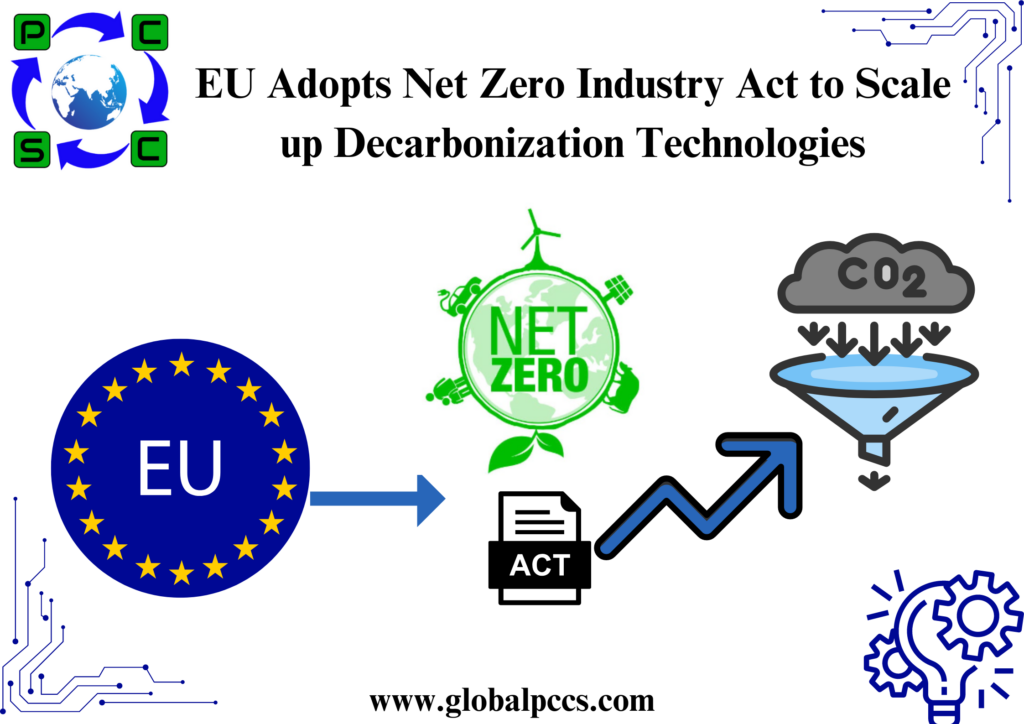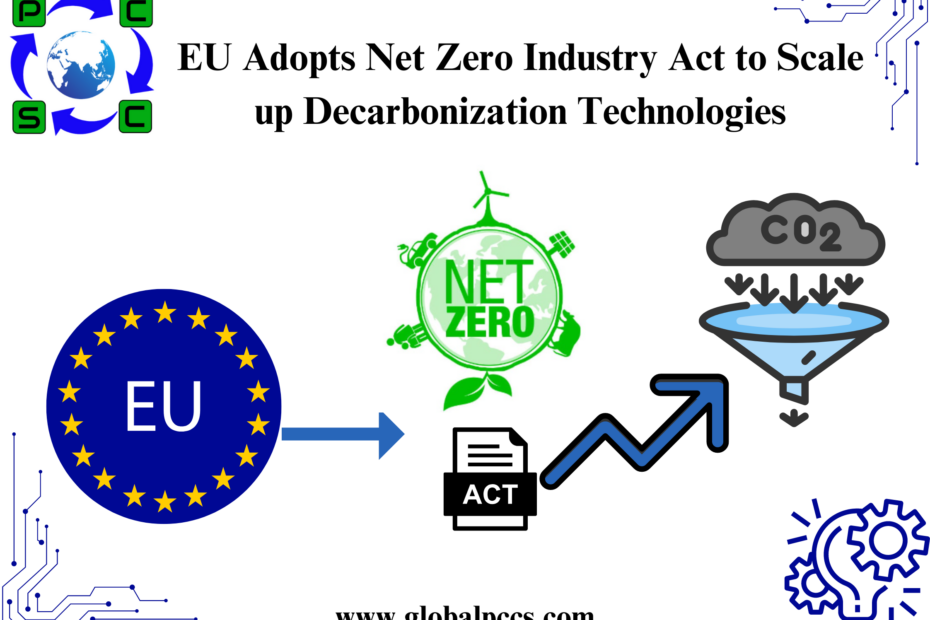 The European Council announced that it has approved the Net-Zero industry Act (NZIA), a new law introducing a framework of measures aimed at scaling up Europe’s manufacturing capacity for technologies key to achieving the EU’s climate goals.
The European Council announced that it has approved the Net-Zero industry Act (NZIA), a new law introducing a framework of measures aimed at scaling up Europe’s manufacturing capacity for technologies key to achieving the EU’s climate goals.
The announcement marks the last major step in the adoption of the NZIA, following the European Parliament’s approval of the new regulations in April.
The NZIA was initially proposed by the European Commission in March 2023, forming one of the key elements of its Green Deal Industrial Plan strategy to enhance the competitiveness of Europe’s net zero industries, and supporting the EU’s transition to climate neutrality.
According to the EU Commission, the NZIA was launched as Europe currently imports the technologies necessary to reach its climate and energy objectives, and as major government initiatives globally heat up to grab a stake in the rapidly emerging market to facilitate the net zero transition. The race kicked into high gear with the passage of the U.S.’ Inflation Reduction Act, which allocated nearly $270 billion through a series of tax credits, loans, grants and subsidies to areas including renewable energy and industrial decarbonization solutions.
Among the NZIA’s key measures are benchmarks for the EU to produce at least 40% of its annual deployment needs for the technologies necessary to achieve the EU’s climate and energy targets, such as solar panels, wind turbines, batteries and heat pumps, by 2030, and to capture 15% of the global market value for the technologies by 2040.
The new legislation supports a broad range of specific technologies, from solar photovoltaic and thermal technologies, onshore and offshore renewable energy, and batteries and storage, to heat pumps and geothermal energy, electrolyser and fuel cells, biogas/biomethane, carbon capture and storage (CCS), nuclear power and grid technologies, and details a series of targeted actions to support their development in the EU, including streamlining permitting processes, and introducing sustainability and resilience criteria in public procurement and auctions, as well as setting up “Net-Zero Industry Academies” to support the development of a net zero skilled workforce. The NZIA also sets an objective to reach 50 million tonnes of annual CO2 injection capacity in EU geological storage sites by 2030.
The new law also includes measures aimed at supporting investments in workforce training and education, through the establishment of Net-Zero Industry Academies alongside a goal to train 100,000 workers within three years, and calls for the establishment of “regulatory sandboxes,” for testing innovative net-zero technologies under flexible regulatory conditions.
Additionally, the NZIA calls for the establishment of net-zero acceleration “valleys,” or areas concentrating several companies involved in specific technologies, in order to create clusters of net zero-focused industrial activity.








 Authorised IMDS & CDX Training & Consulting partner for
Authorised IMDS & CDX Training & Consulting partner for






